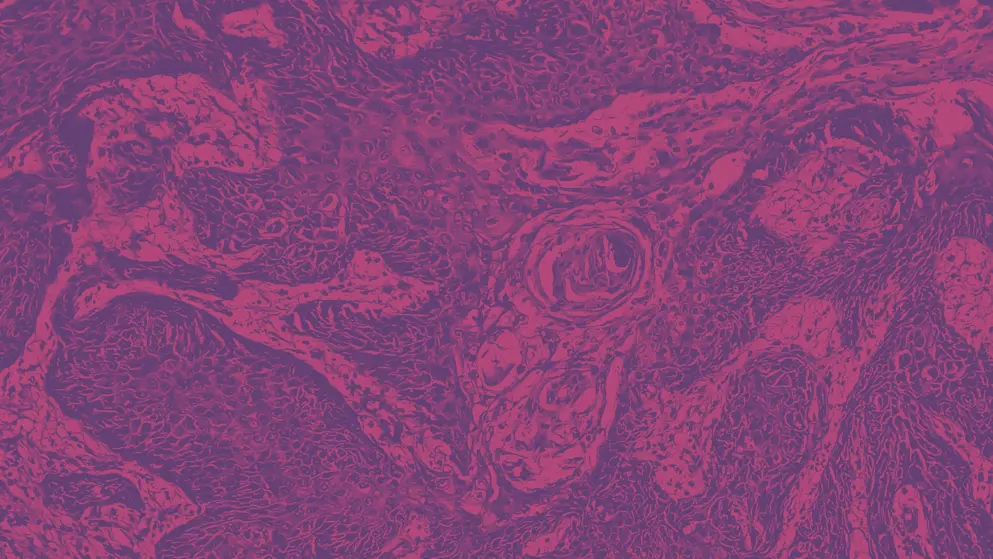
Supportive care in oncology Learning Zone
Transcript: Cardiovascular side effects
Dr Gary Lyman
All transcripts are created from interview footage and directly reflect the content of the interview at the time. The content is that of the speaker and is not adjusted by Medthority.
Yes, the cardiovascular complications from systemic cancer therapies have been known for many years. Much of the focus has been on traditional cytotoxic therapies, particularly the anthracyclines, as well as radiation therapy. And, we know that there are important risk factors that impact on the risk of cardiac dysfunction, and other adverse cardiac effects, if based on the patient's history, if they've had a previous myocardial infarction, and whether they are a smoker, they've had hypertension, diabetes, hyperlipidaemia; and of course they're getting along in age.
So, these are all risk factors need to be considered, when assessing the risk of cardiovascular complications. It's important to note that perhaps less well recognised, is the increasing risk of cardiac dysfunction among the novel targeted therapies, which have emerged from recent studies.
These include, of course, the HER2 inhibitors like trastuzumab and pertuzumab, for HER2 positive breast cancer, but also the BCR-ABL tyrosine-kinase inhibitors, such as imatinib or dasatinib, among others, and the VEGF signalling pathway inhibitors such as bevacizumab and sunitinib, as well as others. The MAC inhibitors, the MTOR inhibitors, and EGFR inhibitors, all used in a range of cancers. And, these have been associated with both direct cardiac effects, as well as complications like venous and arterial thrombosis, hypertension, that pose additional risk.
Reducing the risk of these is important once you recognise a patient is at risk by limiting the potentially offending agent. And, there are novel therapies being developed, hopefully with a lower risk of these important, somewhat uncommon, but important complications. And, careful in monitoring of cardiac function throughout the course of therapy and beyond is very important.
Developed by EPG Health for Medthority. This content has been developed independently of the sponsor, Sandoz, who has had no editorial input into the content. Medthority received unrestricted educational grant funding from the sponsor in order to help provide its healthcare professional members with access to the highest quality medical and scientific information and associated relevant content, without any promotional intent. This content is intended for healthcare professionals only.

